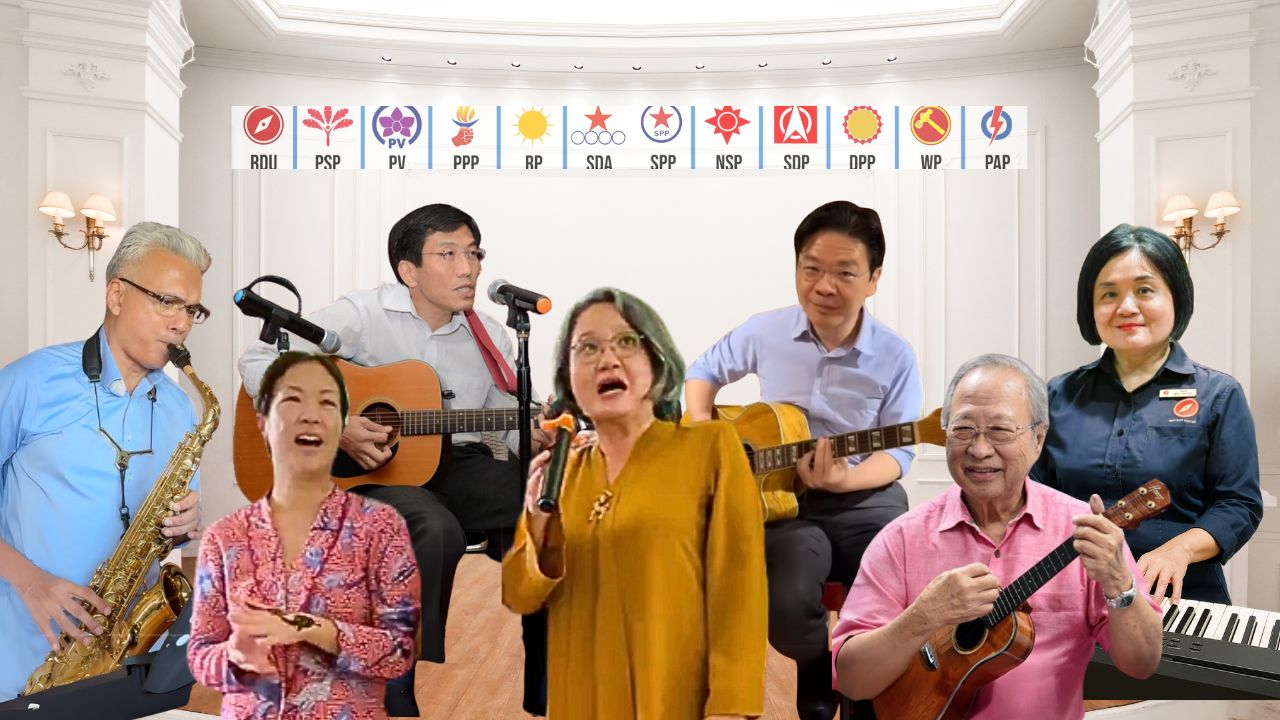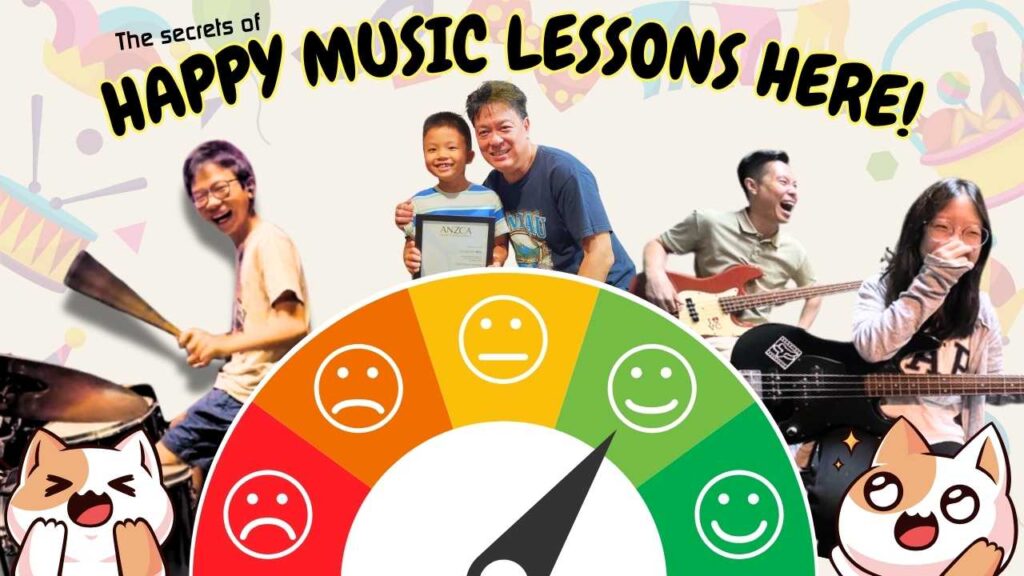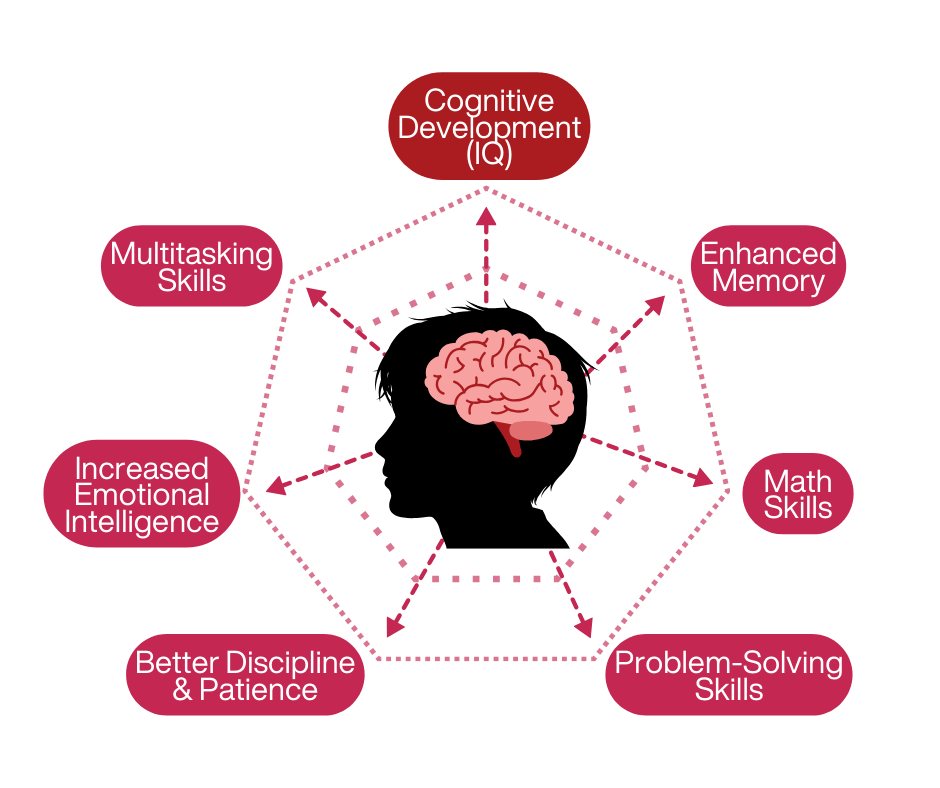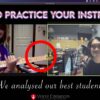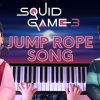5 things to look out for when buying a drum set in Singapore
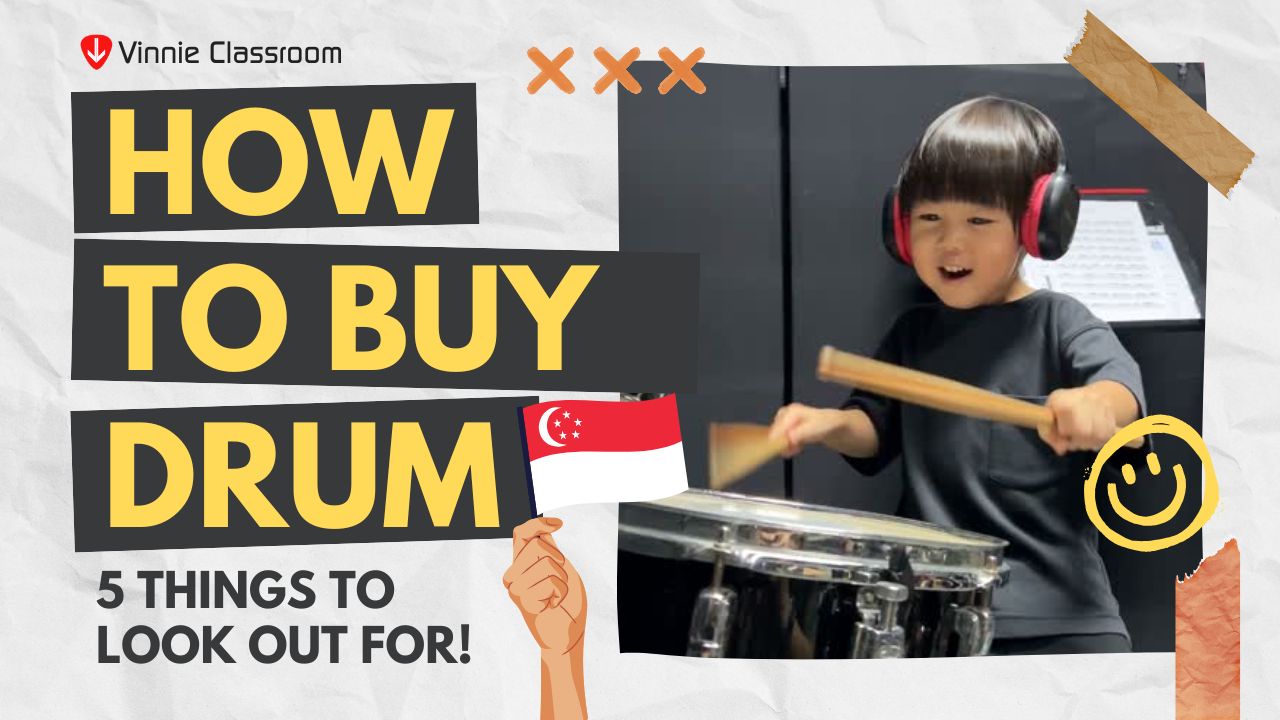
If you’re considering buying a drum set for your child here in Singapore, here are the 5 things you need to look out for! Buying a drumset is an exciting milestone for any aspiring drummer, but that excitement is often tempered by the realities of living in a small HDB apartment in Singapore. Space is tight, neighbours are close, and noise restrictions are a very real concern. Choosing the right kit means balancing your passion for drumming with the practical constraints of urban living. In this article, we share our experience with our 10 years of running a music school in Singapore for drum lessons! We will also talk about some neat ideas for you to start playing your drums from your HDB bedroom!
1. Acoustic vs. Electronic Drumsets
The first choice is a big one: should you go acoustic or electronic?
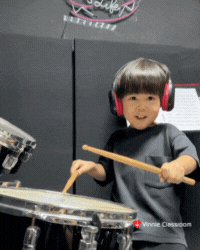
-
Acoustic drumsets deliver an authentic playing experience with rich, dynamic sound. But they’re very loud! Not ideal for shared walls or small apartments. Depending on your neighborhood, our drum teacher Victor once practiced his Dream Theater songs on a full-scale drumset from his HDB bedroom! The only thing he did was to close all the windows and doors.
- Pros: You feel the full shiokness of what the drum offers.
- Cons: The police will visit you so often that they know your name.
-
Electronic drumsets are far quieter, letting you practice with headphones. But don’t be fooled into thinking that they are 100% silent. If you find mechanical keyboards click loudly and noisily, then the electronic drum sounds like someone knocking on the study table loudly!
- Pros: You can practice without disturbing your neighbours.
- Cons: It does not have the same touch and response as the acoustic drum. Also, your knocking sound will still be annoying your family, regardless.
Still, for most HDB/Condo/Terrace dwellers, an electronic kit is the safer and more neighbour-friendly choice.
2. Soundproofing and Acoustic Treatment
If you’re still keen on an acoustic drumset, be prepared to tackle noise control. Even if you’re going with an electronic kit, some noise (like kick pedal thuds) can still travel through floors. Essentially, you are dealing with regular noise and impact noise.
-
For Impact Noise: True soundproofing requires structural changes, which aren’t feasible for most. However, you can reduce the impact-noise using:
-
Acoustic treatment: While this doesn’t block noise from leaking, it improves the sound inside your room. Consider:

For our studio, we had to cover our entire drum room with the Rockwool acoustic panels. These panels can be DIY if you are handy enough, or you can engage a carpenter to have them custom-made for you. But be warned, any contact with rockwool can result in some serious skin irritation that will last for days. This is because Rockwool can make microscopic cuts on your skin! Often made worse when you feel something on your skin and decide to rub it off. If not done correctly, this can cause some serious health issues.
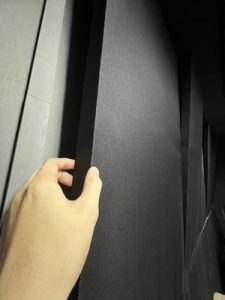
Rockwool acoustic panel in our drum studio
3. Best Drum Brands to Consider
With so many options out there, sticking to reputable brands ensures better build quality, sound, and after-sales support. Here’s a quick listing of reliable brands for both acoustic and electronic kits.
🥁 Acoustic Drum Brands
-
Yamaha – Steve Jordan (John Mayer Trio), Carter Beauford (Dave Matthews Band)
-
Tama – Lars Ulrich (Metallica), Stewart Copeland (The Police), and Mike Portnoy (Dream Theater)
-
Pearl – Ian Paice (Deep Purple), Ray Luzier (Korn), Mike Mangini (Ex-Dream Theater)
-
Mapex – Chris Adler (Lamb Of God), Alex Bailey (Marcus Miller)
-
Ludwig – Ringo Star (The Beatles), John Bonham (Led Zeppelin), and Alex Van Halen (Van Halen)
🎧 Electronic Drum Brands
-
Roland – Neil Peart (Rush), Travis Barker (Blink-182), Roger Taylor (Duran Duran)
-
Yamaha – Akira Jimbo (Casiopea), Larnell Lewis (Snarky Puppy)
-
NUX – NUX is an emerging brand that makes budget-friendly electronic drumsets. While you won’t see famous drummers on their drums anytime soon, your wallet will be thanking you for your wise decision.
While there are often road shows with lesser-known brands offering tempting prices, they often compromise on a lot. Sound quality, sensitivity, or long-term reliability are things to consider! Stick with the above if you want peace of mind.
4. Size and Configuration
Drumsets come in different configurations. The standard 5-piece set includes:
-
Bass drum
-
Snare drum
-
Two rack toms
-
One floor tom
Then you need to purchase the basic cymbal set:
- Hi-hat
- Crash cymbal
- Ride cymbal
The above configuration will allow you to sit for all Rockschool drum examinations and also to play just about every song! But if you are ready to go all banana, then consider:
- Splash cymbal
- Bigger/smaller crash cymbals
- Stack cymbal
- China cymbal
- Cow bells/agogo bells
- Concert Toms (Mike Portnoy)
- Double pedal
The list goes on! On the contrary, if you’re tight on space, consider:
-
Travelers’ kits with smaller shells like those we use in our smaller drum studio.
-
Junior drumsets, like those we use for our young students.
-
Foldable electronic kits for easy storage. Though I doubt anyone will keep them between practice.
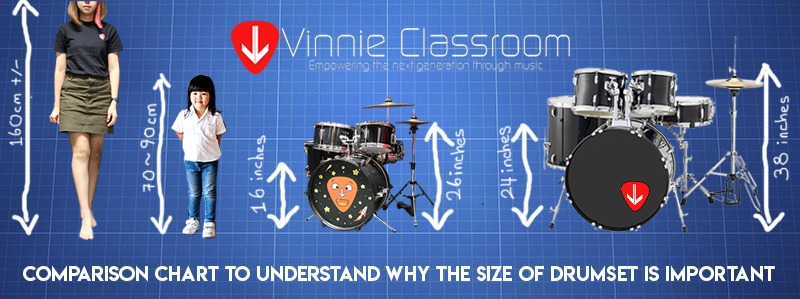
Check out our drum lessons for kids in Singapore
5. Silent Drumming Solutions for Acoustic Kits
Ok, so you are still insisting on buying an acoustic drum for your tiny bedroom in Singapore! Fine, let’s take a look at what workarounds are there!
-
Mesh Drumheads: These replace standard batter heads with woven, trampoline-like material that drastically reduces volume while maintaining a realistic rebound. Brands like Remo Silentstroke and Evans SoundOff are great options.
-
Low-Volume Cymbals: Specially designed cymbals like Zildjian L80 and Sabian Quiet Tone reduce volume by up to 80% thanks to their perforated design. They still give you real cymbal response, just much quieter.
-
Practice Pads: If space is tight or you want an ultra-silent option, replace the drum heads with rubber or foam practice pads. These are ideal for late-night sessions and focused technique work.
-
Isolation Platforms: Vibrations from kick pedals can travel through the floor. DIY platforms made from plywood and tennis balls can reduce this impact and keep your downstairs neighbours happy.
These upgrades allow you to keep the natural feel of acoustic drumming while adapting to the demands of apartment living—a valuable compromise for drummers in Singapore.
Conclusion on 5 things to look out for when buying a drum set in Singapore
Buying a drum set in Singapore should be fun, not frustrating. The decision often comes down to managing noise vs. playing experience.
You can also consider speaking to us if you need more advice, or consider signing up for trial lessons with us. We might be able to provide the missing link for your child.
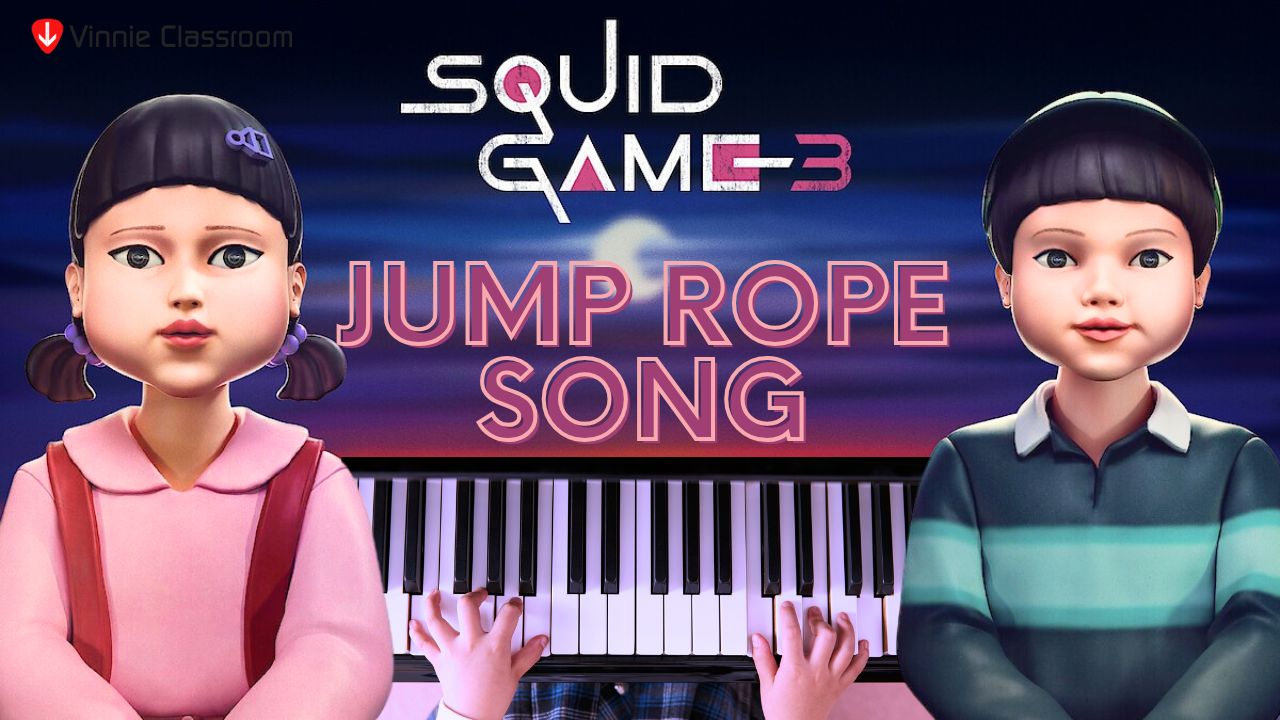

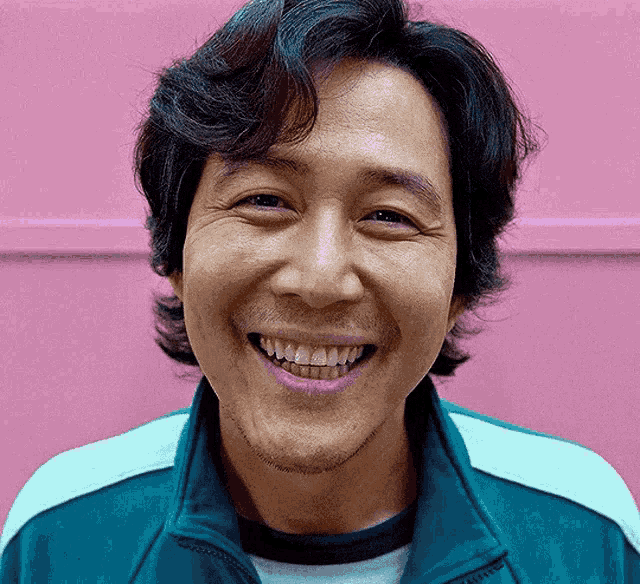



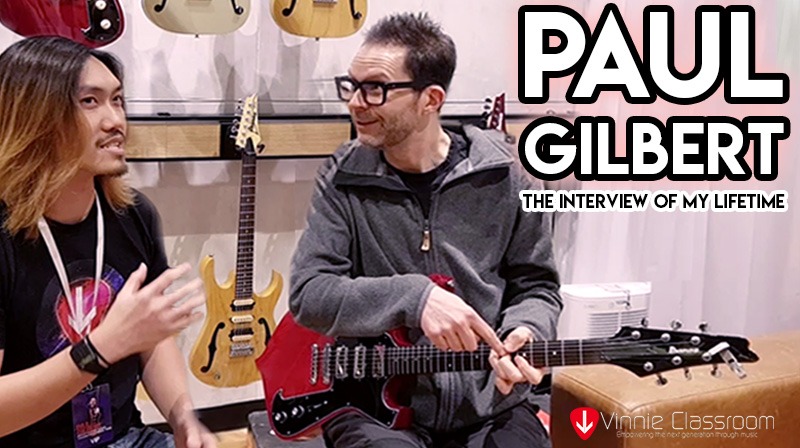
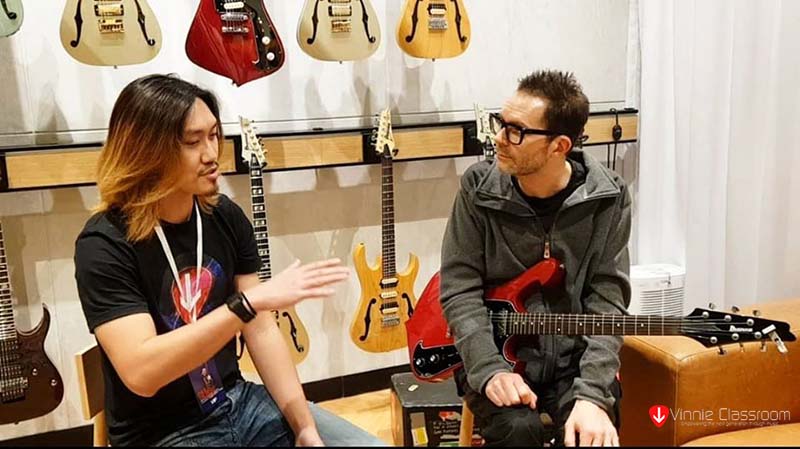
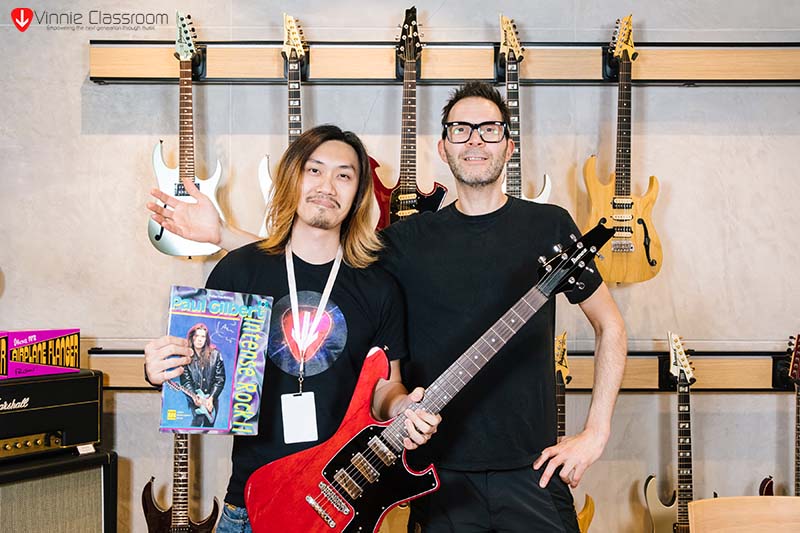

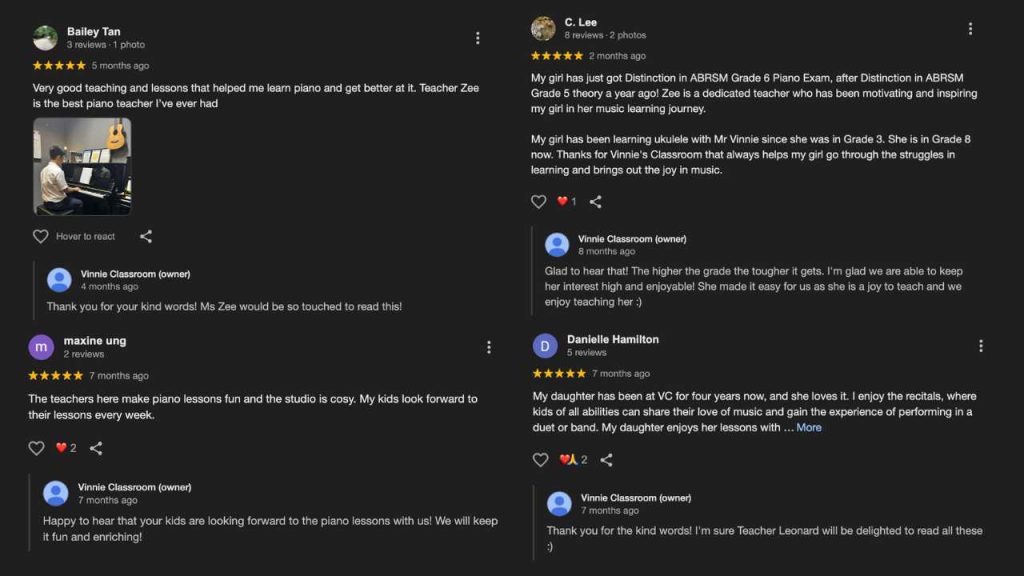
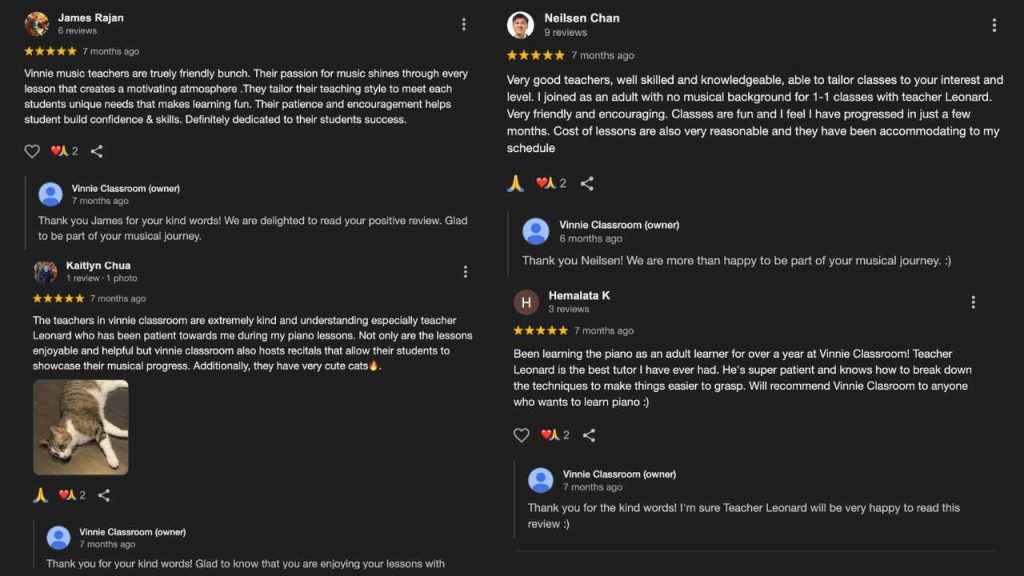
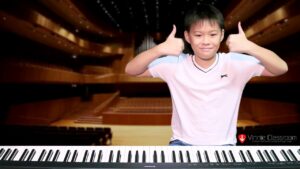
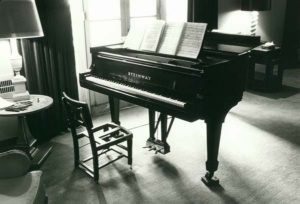
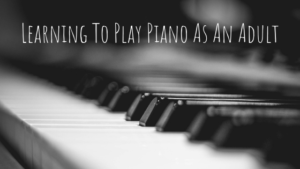
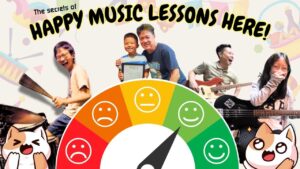
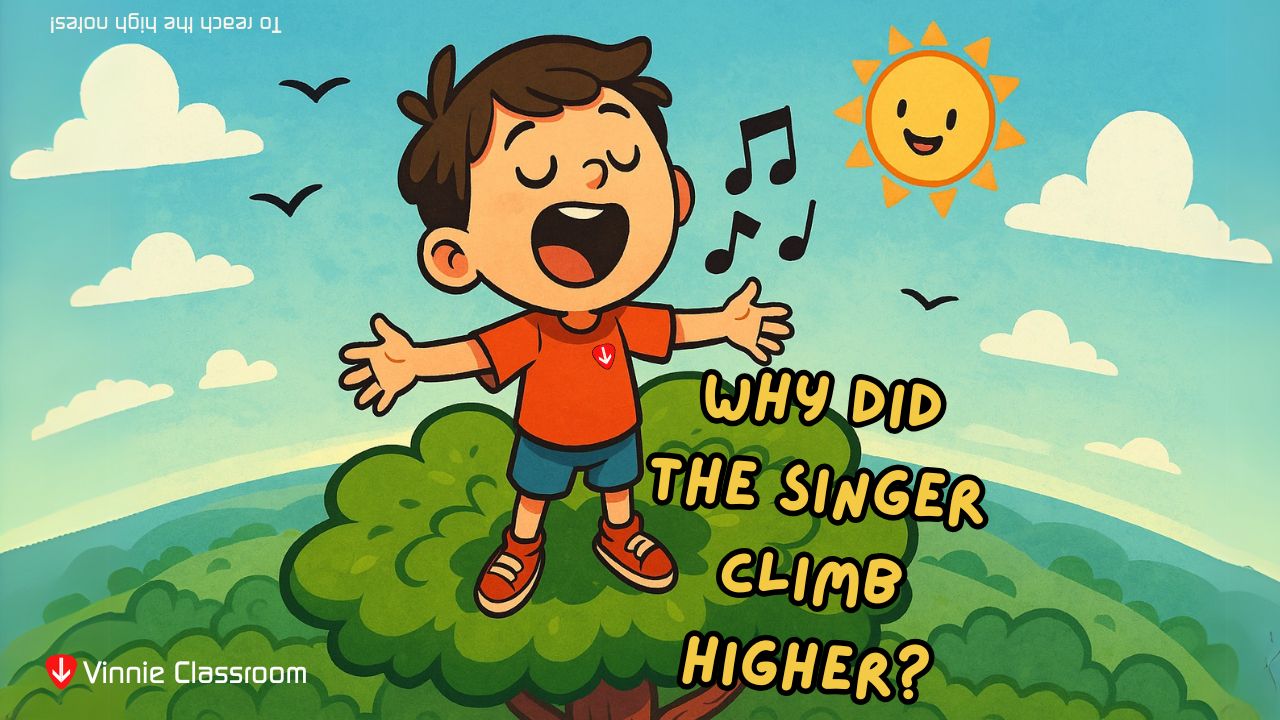








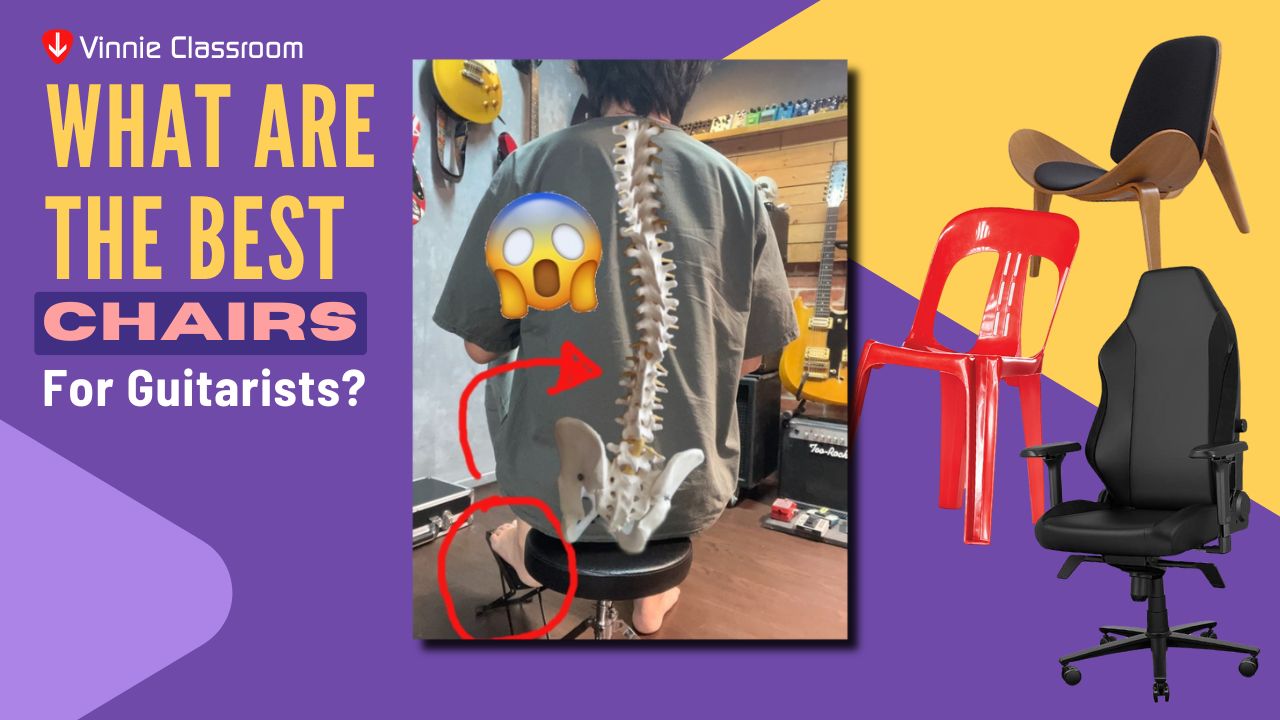
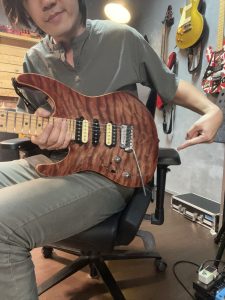
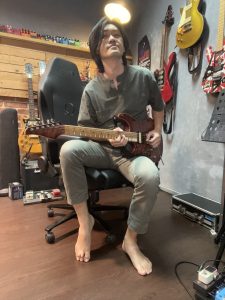
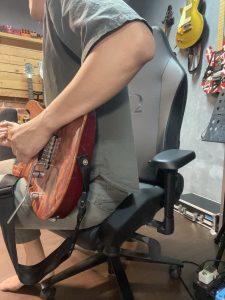
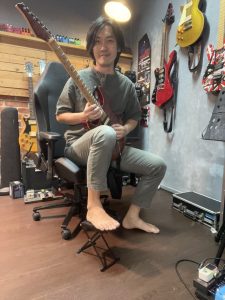
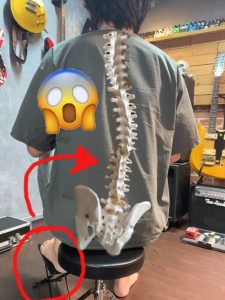
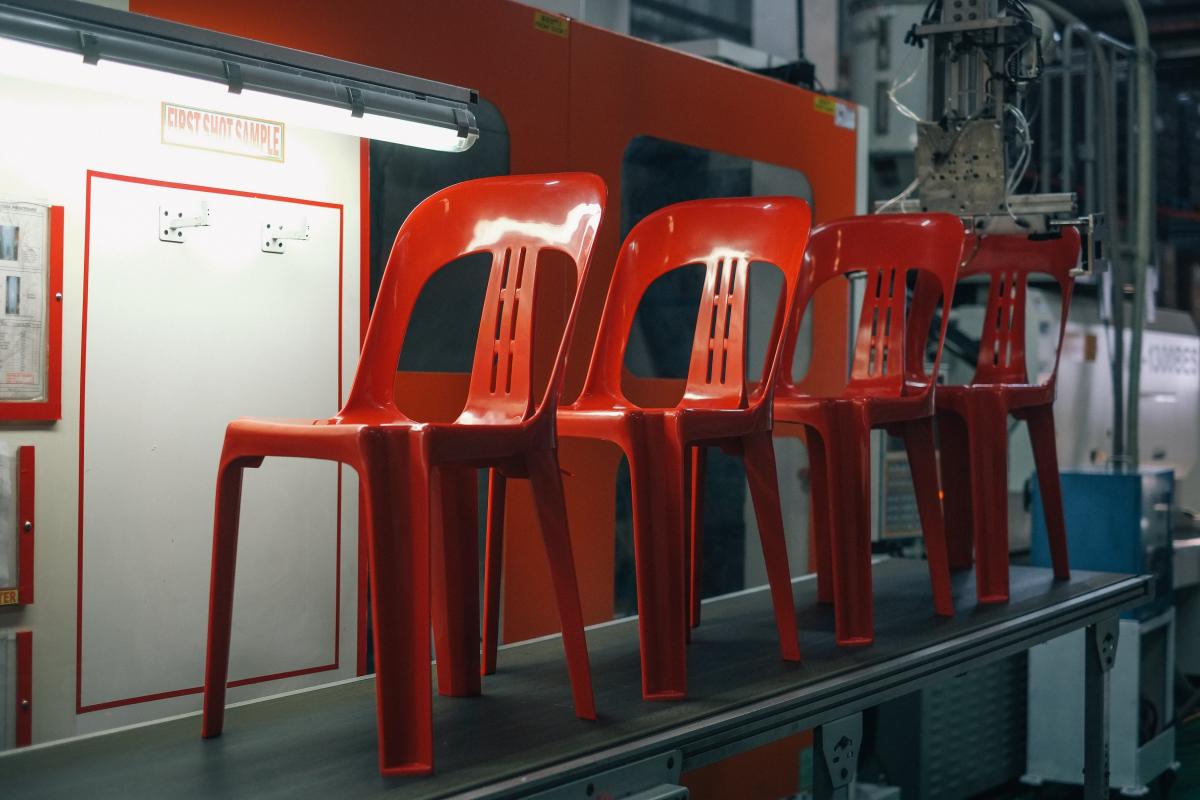
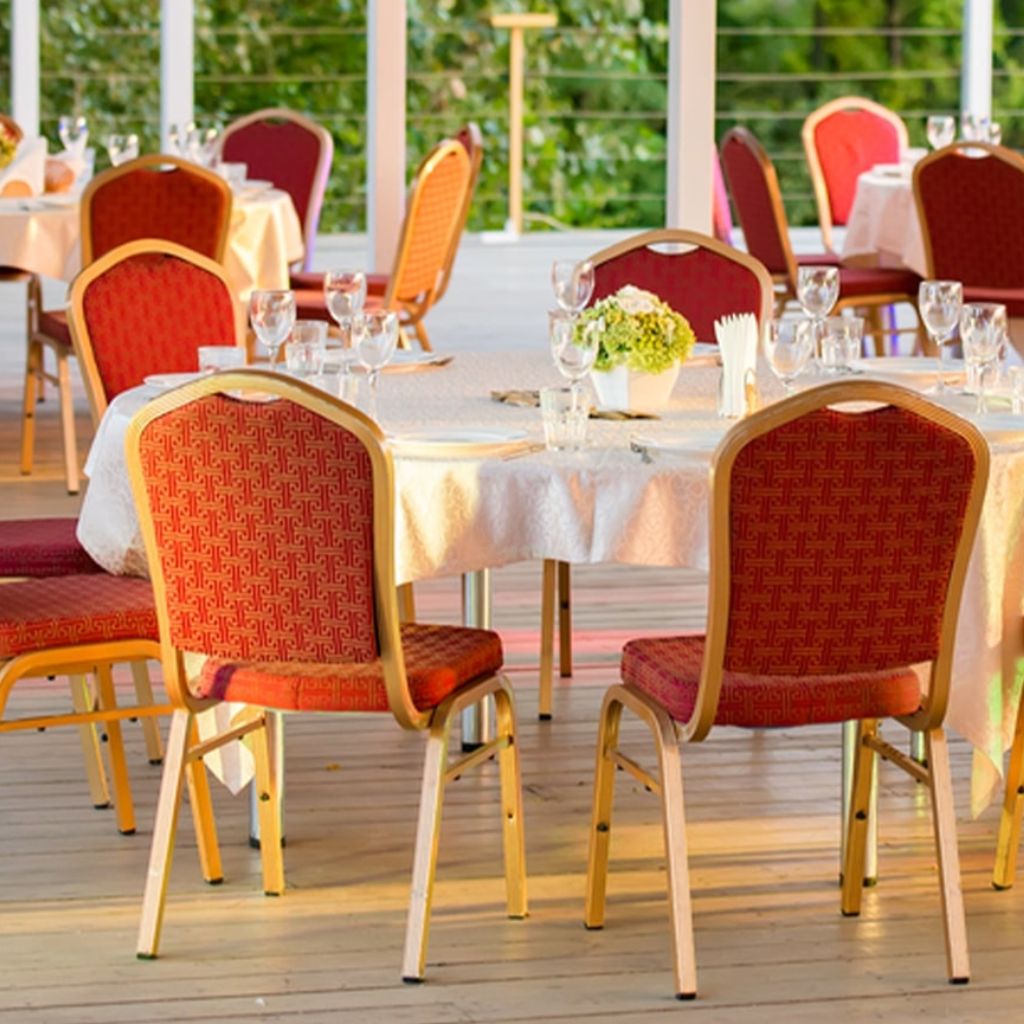
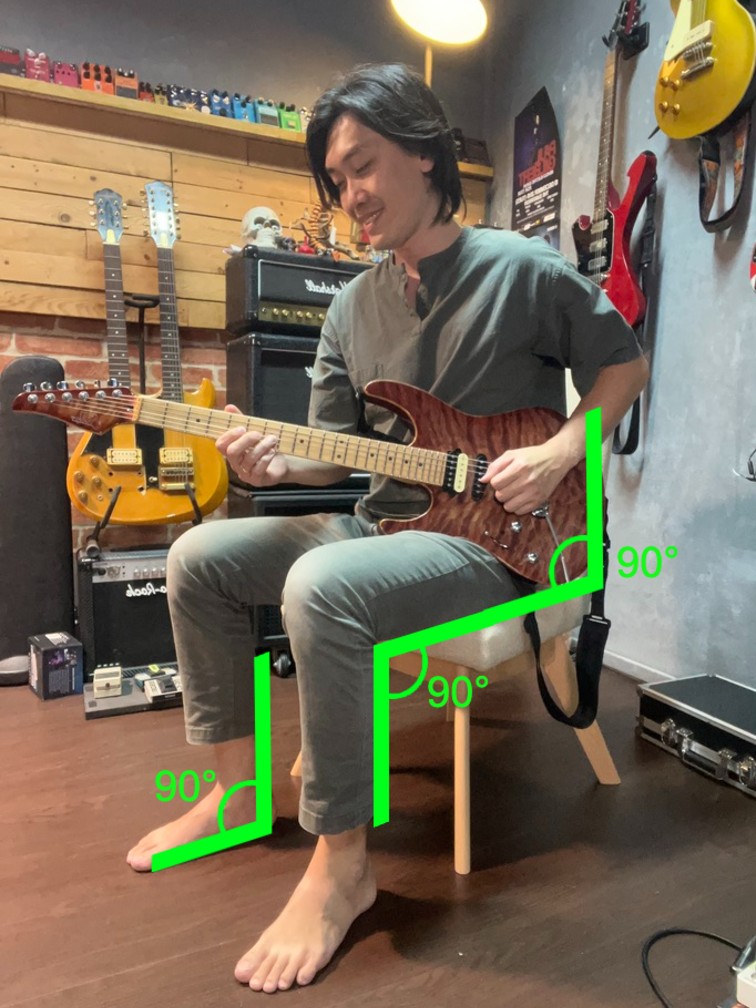

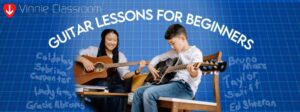
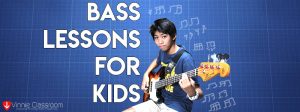
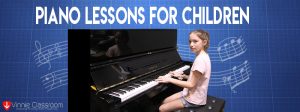
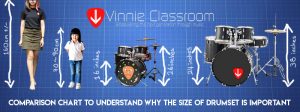




:max_bytes(150000):strip_icc():focal(149x0:151x2)/pope-francis-2-300-d772d4ce8a1f43078bff9db994495022.jpg)


